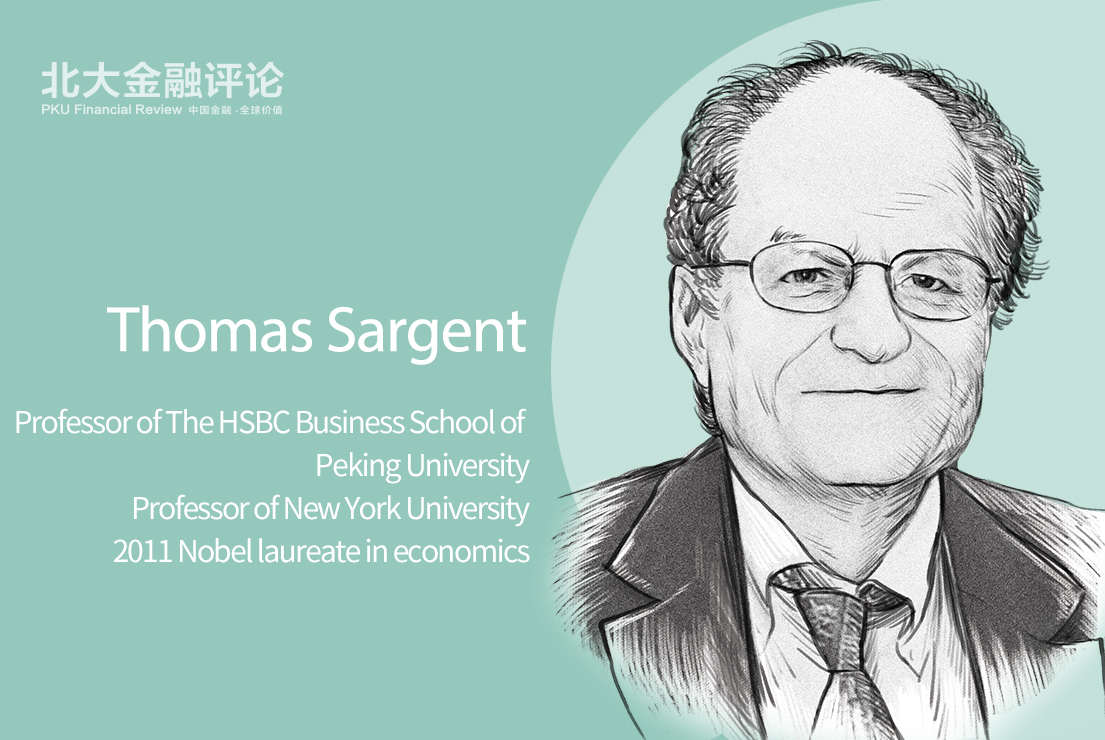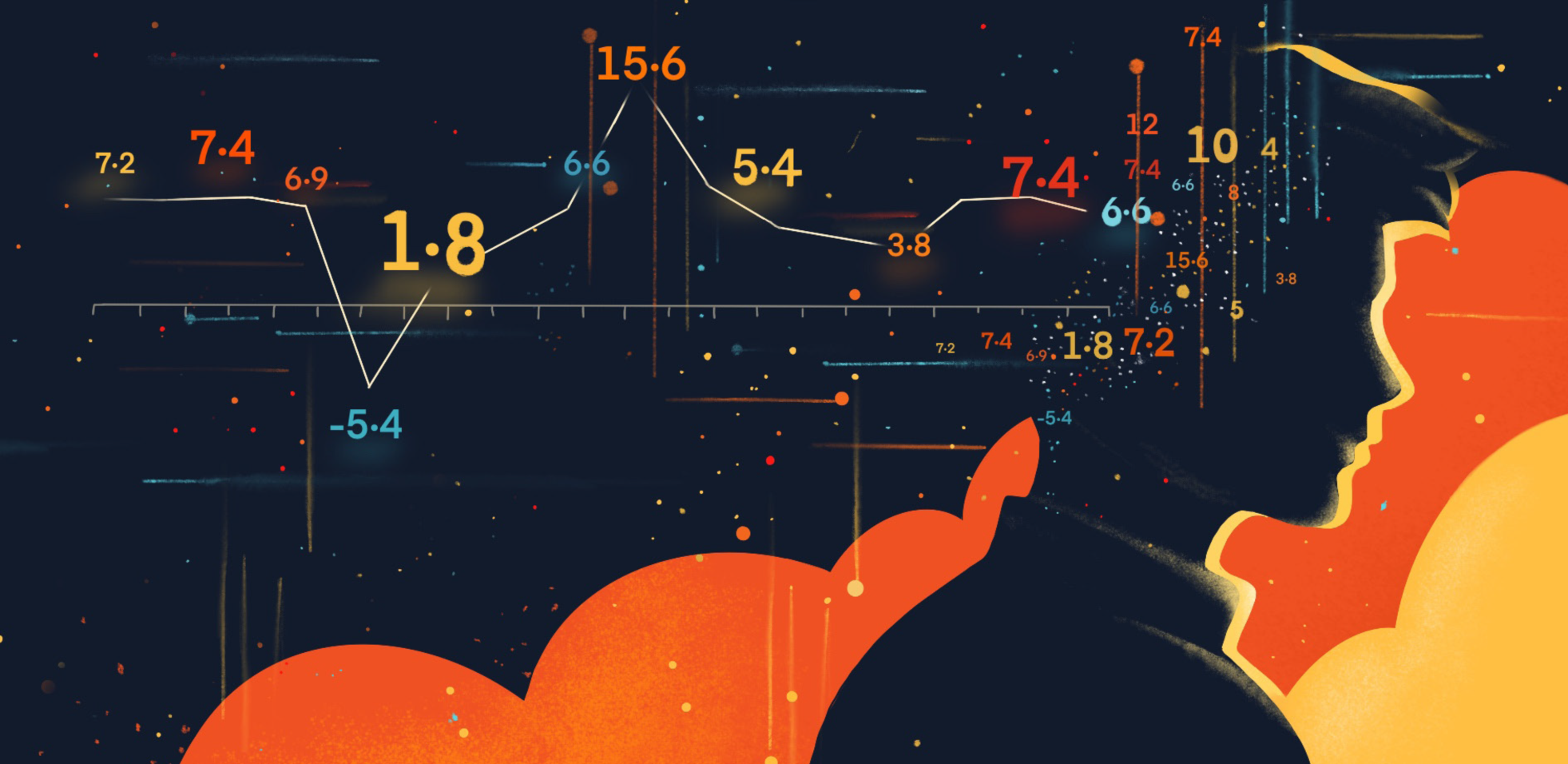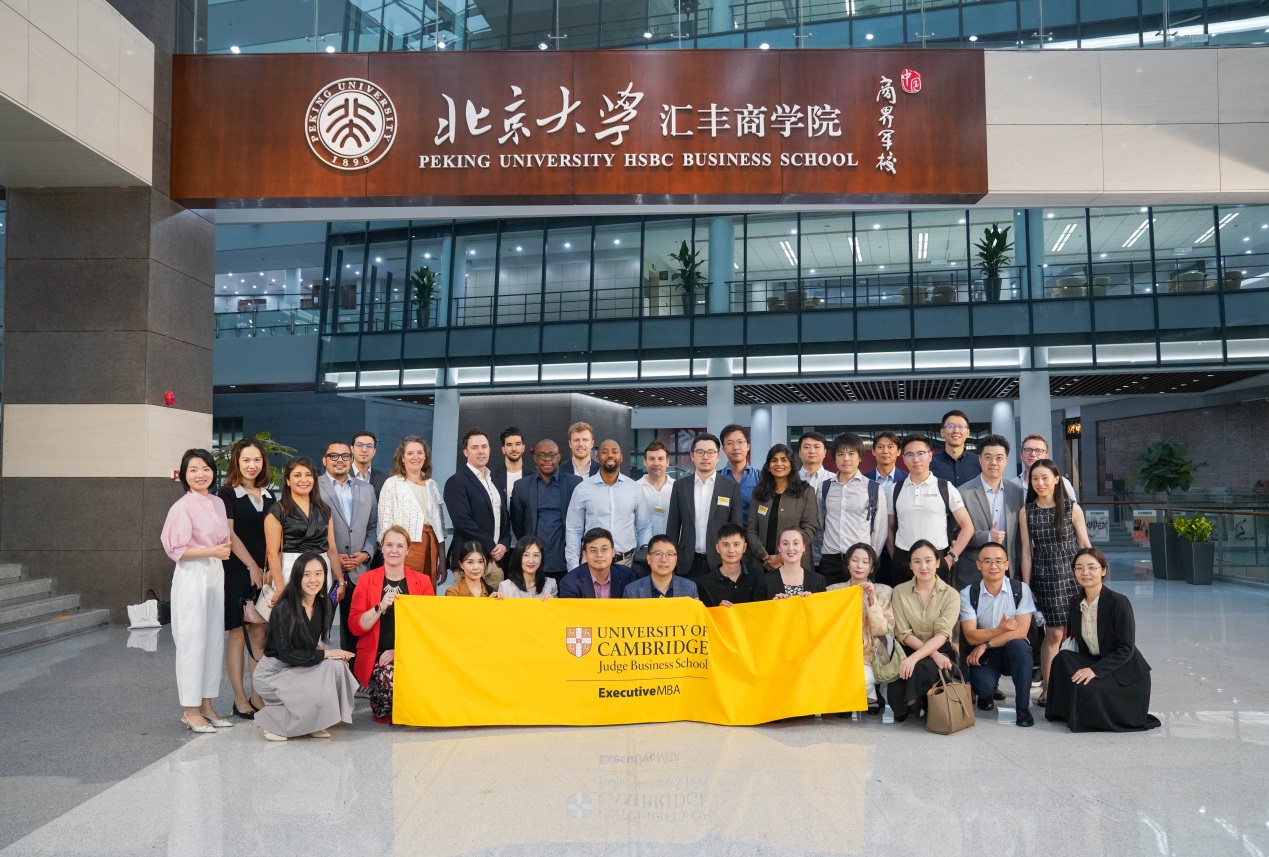Thomas Sargent is Professor of The HSBC Business School of Peking University, Professor of New York University, and 2011 Nobel laureate in economics. As one of the leaders of the "rational expectations revolution”, Thomas Sargent devotes himself into the establishment and development of New Classical Macroeconomics. He considers himself an economic scientist, rather an economist, and a positivist who loves figures.
 PKU Financial Review: It is widely believed that artificial intelligence such as ChatGPT will reconstruct the economy, and we notice that you mentioned in your article “The Artificial Intelligence Frontier of Economic Theory” that “with big data, faster computers and better algorithms, we might see patterns where once we heard only noise”. We wonder if the development of ChatGPT conforms to your observation? What do you think the ultimate ChatGPT application will look like?
Thomas Sargent:
PKU Financial Review: It is widely believed that artificial intelligence such as ChatGPT will reconstruct the economy, and we notice that you mentioned in your article “The Artificial Intelligence Frontier of Economic Theory” that “with big data, faster computers and better algorithms, we might see patterns where once we heard only noise”. We wonder if the development of ChatGPT conforms to your observation? What do you think the ultimate ChatGPT application will look like?
Thomas Sargent: I can give you examples from the history of science. Great scientists like Galileo and Kepler did that, they had a bunch of data and kind of in various ways either collected or looked at it. They simplified, they took huge tables and they reduced it to a few equations. So that's kind of pattern recognition and summary. When I was a kid, people were trying to do that. But we didn't have very much computer power. So we had to fit little teeny models. We didn't have much data. But now, the computing powers got bigger, and we can collect more data, so we can fit bigger models. So ChatGPT is very good for some things.
At where I work, I have to file various reports. So I asked it, “would you please write this report, a diversity and inclusion report about how I'm going to?” It wrote one that was perfectly acceptable. And then as you said, I did a couple of fun things. Such as to show off to my wife, I wrote a love poem to her in Shakespearean. But we have a problem with something called “fake news”, scientists are trying to build AI to figure out which news is fake. What I told you is that ChatGPT just generated fake stuff.
So some people say, it's gonna take programmer jobs away. I don't think so. ChatGPT is like assistance in terms of some basic and repetitive work, but you're the one who needs to complete the final steps like revise, proofread, and make judges.
PKU Financial Review: According to the Schumpeterian creative destruction theory, under the market model, as a force that creatively destroys market equilibrium, innovation will constantly innovate the inner economic structure, thus dynamic imbalance will become the "normal" of economic development. How do you think of the “destructiveness” of innovation in the future? What challenges will it bring to our social development? How should we respond?
Thomas Sargent: Creative destruction is going on all the time. In social media, the phone is very destructive, it's also addictive. In the US, there are lots of startups and there are lots of failures. Most startups fail, but the whole process can't be stopped. In the last 8 or so years ago, all sort of job protection measures were carried out to stop jobs from disappearing, but they're not very wise policies.
If it's creative destruction, you have to come up with something new. What ChatGPT does right now is basically a repetition or substitution what we could do already, so it can’t be “creative destruction”.
The thing that excites me more is very geeky; they're using similar machine learning tools together with a lot of sophisticated math. They call it “geometric deep learning”. They’re doing things like advancing the frontiers of biology. I think the guys are genius.
My father just passed away, his job doesn't exist anymore, and a lot is done by computers. I was thinking my job might not exist as economist or as professor, maybe both. So compared with existing knowledge and skills, our job should focus on new knowledge and skills.
My understanding of “creativeness” is a kind of creative thinking model, which can make the prediction more accurate.

















